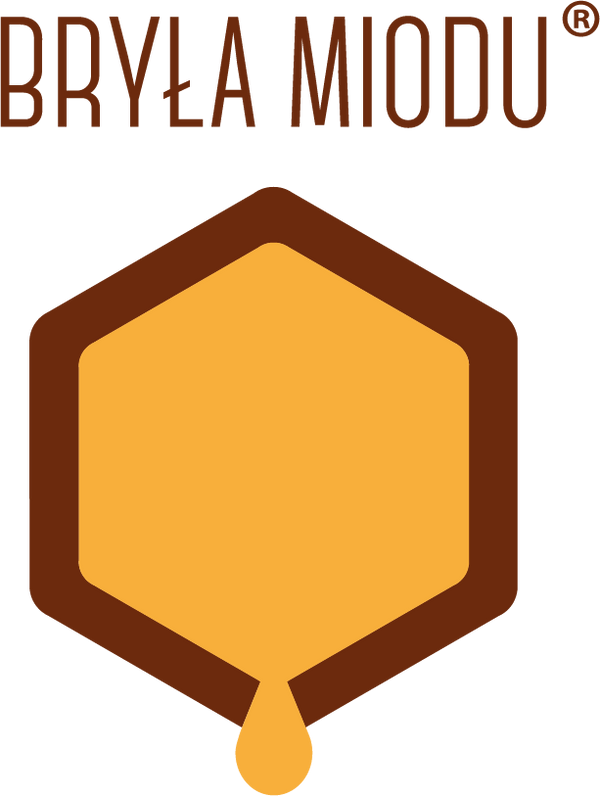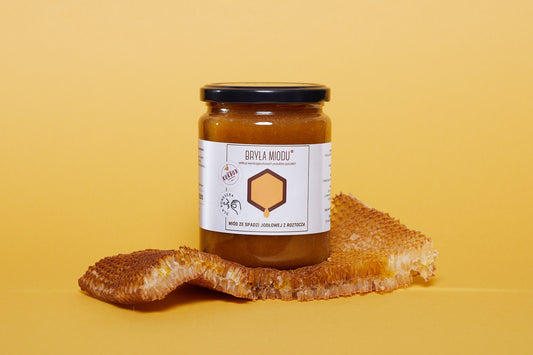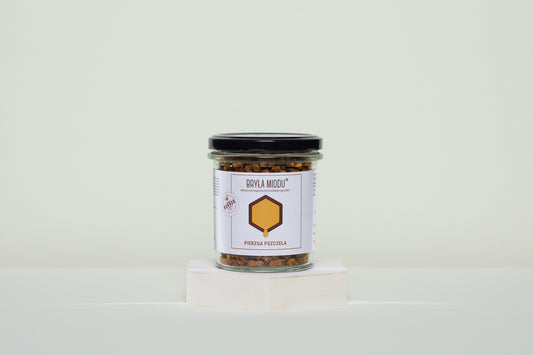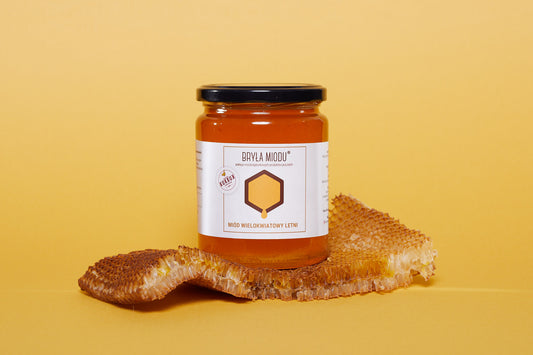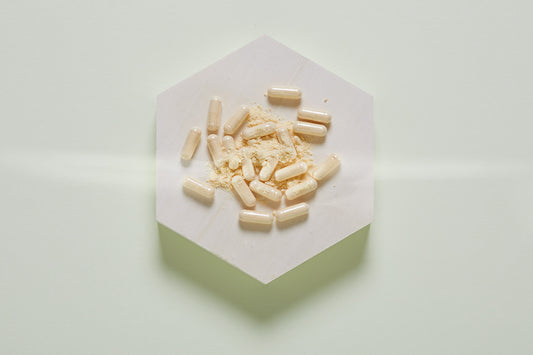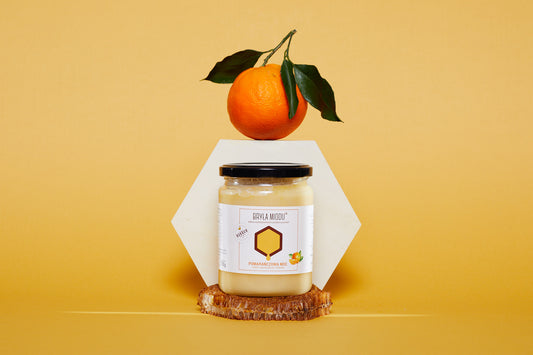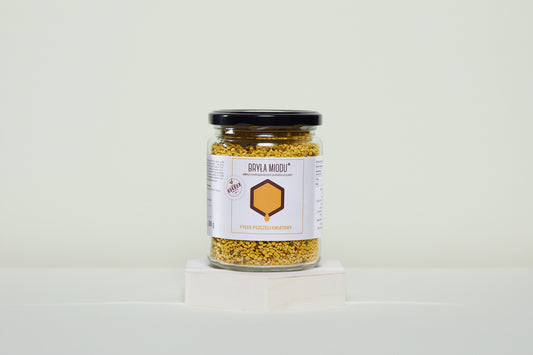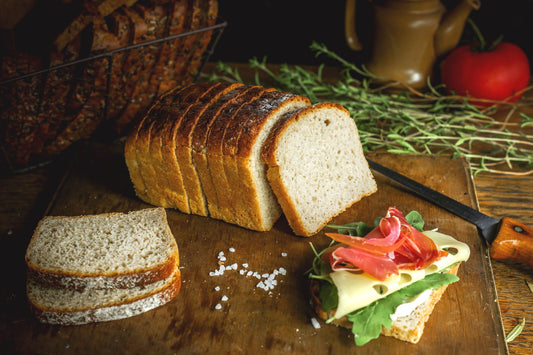Royal jelly is produced by bees that feed the larvae in the first days of their life. It is also the queen's basic and only food. It is sold as a dietary supplement that has many health benefits. There is an opinion that it supports the proper growth of egg cells, and therefore affects a woman's fertility. What is it really like? I tried to shed some light on this topic.
Royal jelly and egg health
The first connection between royal jelly and human fertility is the fact that, as food for the queen, it allows her to lay about 2,000 eggs every day. Due to this, there are speculations that royal jelly helps balance the hormones in bees and influence their fertility, which may be true. But will it have the same effect on humans? Unfortunately, there are no clinical studies on the effects of royal jelly on egg development in women. Therefore, the belief in its healing influence is based only on assumptions.
The first trace - estrogen
The unique fatty acid profile in royal jelly gives it an estrogen-like effect. This is the first discovery that may confirm the thesis about the impact of milk on human fertility. For now, it should be said that the effects are only visible in laboratory conditions. Estrogen is a hormone necessary for a healthy menstrual cycle, but its effect on fertility is rather small.
The second trace - testosterone
Research into the properties of royal jelly took an interesting turn when it was discovered that it contained a certain amount of testosterone . Therefore, in infertile men it may cause an increase in the level of this hormone. The answer to the question whether this fact applies to women in any way is important because testosterone helps in the development of follicles. It may help women with low ovarian reserve or even poor response to IVF. If low testosterone levels are identified as the cause of a patient's infertility, doctors are increasingly willing to recommend controlled doses of formula.
Royal jelly directly from the apiary
Royal jelly closed in a jar and even kept at a low temperature loses most of its properties after more than 72 hours. The best solution would be to eat it straight from the apiary, which is feasible but may be problematic. I encourage you to visit a friendly apiary where the beekeeper will offer you royal jelly straight from the mother cell. The ideal time of year to visit the apiary (I recommend several times a week as part of therapy) is the turn of May and June. This is the time when bee families develop strongly and establish many cells (queen cells) filled with royal jelly.

There is another option - freeze-dried milk. Research shows that in this form it contains the most of its valuable ingredients. They are: B vitamins, vitamin C, vitamin D, vitamin E, calcium, copper, iron, phosphorus, silicon, proteins, amino acids, deoxyribonucleic acid and acetylcholine, which occurs naturally only in royal jelly.
NOTE: The supplement should not be used by people allergic to bee products.
